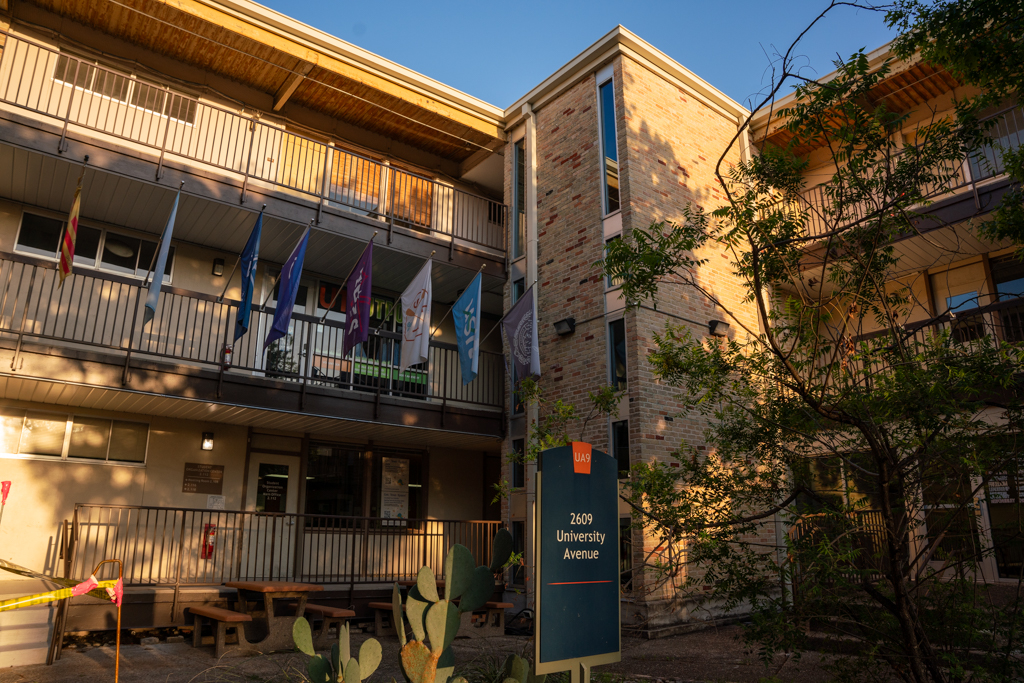Travis County’s criminal justice system is under scrutiny after failing to provide arrestees legal representation at their first judicial hearing — known as Counsel at First Appearance, or CAFA — according to a lawsuit filed earlier this month by the American Civil Liberties Union of Texas.
Travis County criminal cases begin with a magistration, which typically occurs within days of arrest and allows a judge to decide the conditions of release or detainment. ACLU representatives said in a press release magistrate judges routinely ask defendants questions that when answered, could jeopardize their cases.
“In Travis County, to not provide (attorneys) — the consequences are dramatic on people’s lives,” said Nick Hudson, policy and advocacy strategist at the ACLU of Texas. “It may mean you’re separated from your family, it may mean you lose your job or even custody of your children.”
According to the lawsuit, Travis County’s magistrations violated the Sixth Amendment to the Constitution, which guarantees defendants “the assistance of counsel for his defense.” However, UT Law professor Jennifer Laurin said, constitutionally, it is an open question because the amendment has been interpreted as requiring counsel only at “critical stages” in legal proceedings.
“The Supreme Court has never decided the question of whether a proceeding like magistration is a critical stage or not,” Laurin said. “So that’s the question.”
A report published by the ACLU in collaboration with UT’s School of Law found people made statements that could harm their case in nearly a third of magistration hearings, and one in 10 defendants experienced communication issues.
“Lacking the guidance of an individual trained in the law, who has been around the block with the magistration process and can see around the corners of implications of making certain kinds of statements — in the absence of that, the individual is likely not going to be as able to advocate effectively for themselves,” Laurin said.
Travis County launched its second planned pilot CAFA program consisting of two eight-hour test shifts on Tuesday and Thursday. The first pilot in 2022 ended after nine days. The launch follows 37 organizations, including the ACLU, sending a letter in March urging officials to implement CAFA immediately.
Hudson echoed the ACLU’s statement, calling the county’s response “sluggish after two years of excuses and delays.”
“Of course, we hope the test pilot is successful,” Hudson said. “But the planned hearings would help less than 1% of people arrested in Travis County.”
The ACLU’s lawsuit asks the court to rule that Travis County must provide CAFA under the Constitution, a process Laurin said can sometimes take years.
Hudson said after months of conversation with little progress, the lawsuit was an attempt to engage Travis County officials in a different way.
“Our goal is to ensure that every single person who is arrested gets access to an attorney at their initial bail hearing,” Hudson said.














